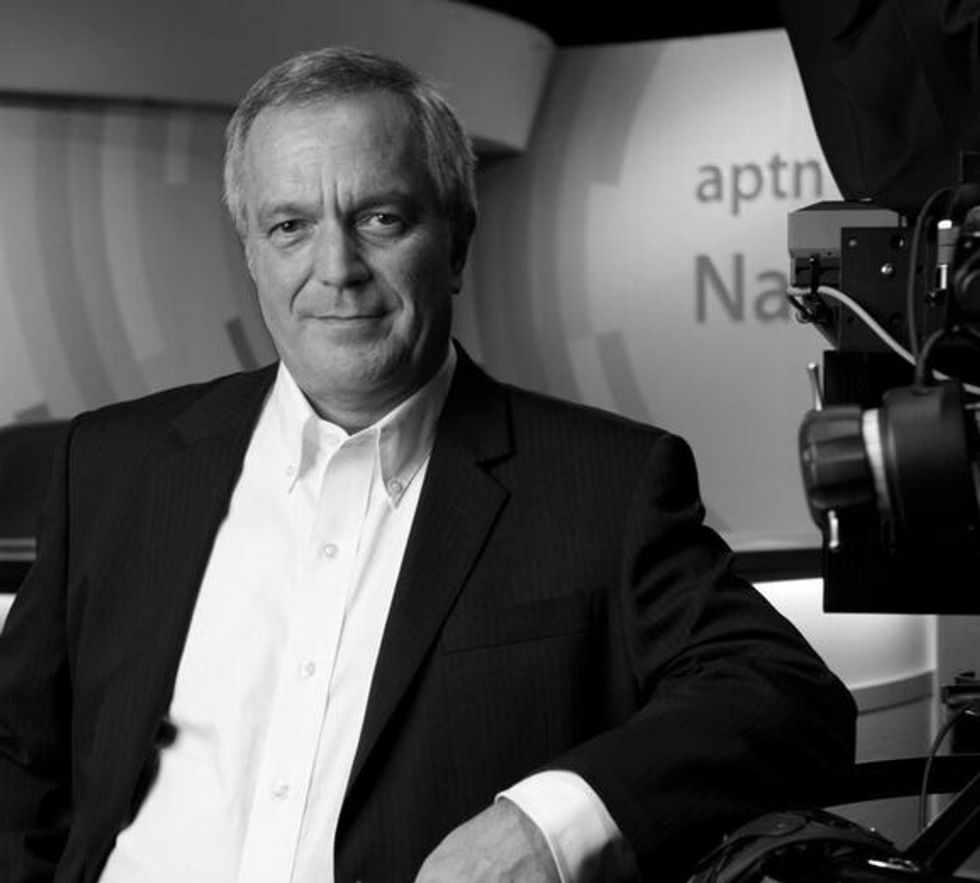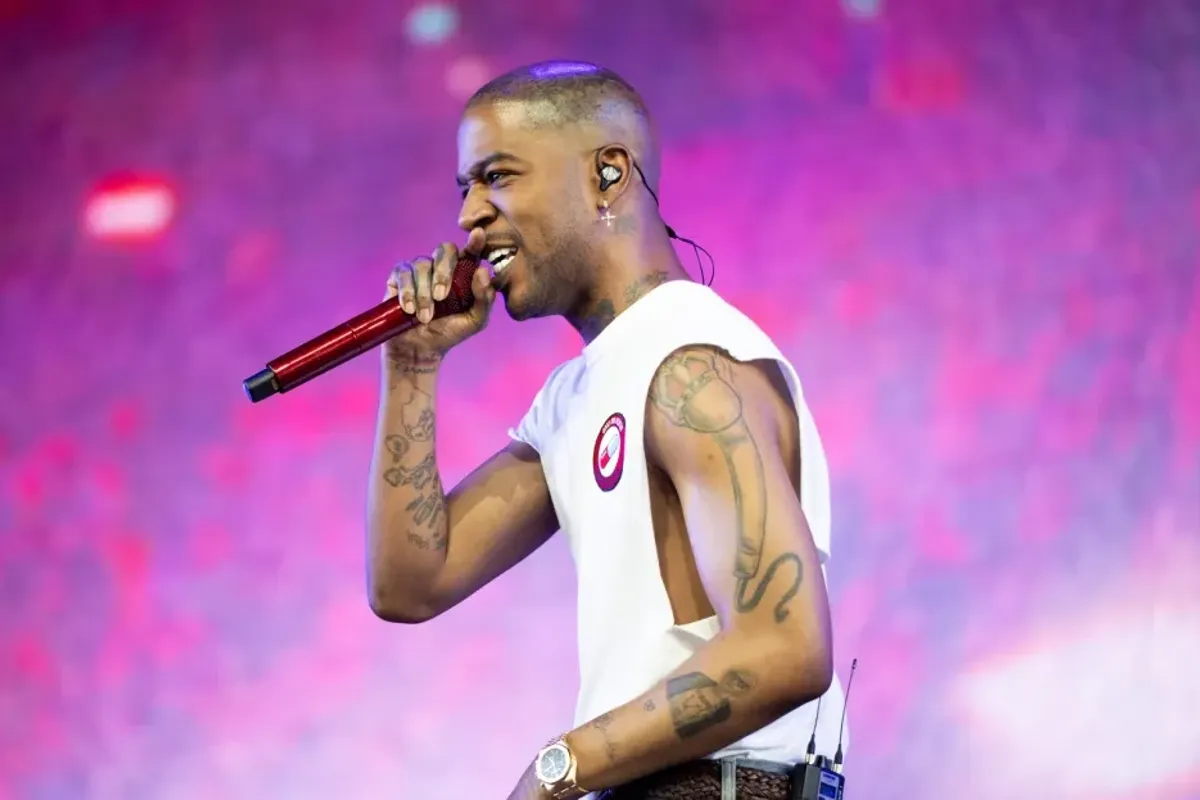APTN FM's Jean La Rose's Views On Aboriginal Music Content Quotas
The CRTC is being asked to introduce a five percent minimum quota for Indigenous music content on commercial radio, based on the recommendation of the Mémoire sur le contenu musical autochtone

By Dave Charles
The CRTC is being asked to introduce a five percent minimum quota for Indigenous music content on commercial radio, based on the recommendation of the Mémoire sur le contenu musical autochtone (Memorandum on Indigenous Musical Content), the result of a public consultation conducted last summer, spearheaded by Indigenous record label Makusham Musique, in collaboration with Innu Takuaikan, the Innu First Nations band government in Quebec.
The report suggests that 94.83% of the 312 Canadians surveyed believed a percentage of Indigenous music content should be imposed on commercial radio stations in Quebec and Canada, expressing that they almost never hear Indigenous music on the radio.
The commission’s Radio Review, unveiled in early December, laid out an expectation that commercial radio broadcasters include Indigenous music in their playlists without setting specific quotas, noting it continues co-development on a new Indigenous Broadcast Policy with the public consultation phase upcoming.
Jean La Rose, CEO of Dadan Sivunivut, gives important perspectives on the proposed raising of Indigenous music quotas for all commercial music stations responding to the proposed 5 % minimum quota suggested by the Indigenous record label Makusham Musique.
Dadan Sivunivut owns and operates 95.7 Elmnt FM Ottawa and 106.5 Elmnt FM Toronto, both of which are two ‘native B’ licensed FM-HD stations. Dave Charles leads the way in this interview with CEO La Rose.
DC: Give me your first impressions when you read this article about the proposal to have all radio stations in Canada (music formatted stations) play a minimum of 5 % Indigenous music.
JL: I would support this. While it may not be in the best interests of FPR, it would provide new royalty streams for Indigenous artists, and that is what we are all about as well as promoting our talented musicians, singers, and performers.
DC: Elmnt FM stations in Ottawa and Toronto are currently licensed to play 15% Indigenous music from mass appeal genres like Hip-Hop, Classic Rock, R&B, Pop and Country. How have the Indigenous music community and your radio audience responded to this unique mix?
JL: Elmnt FMs plays 29% Indigenous music now. We will probably plateau at 30% to keep our non-Indigenous audience tuned in. Our music community both likes and dislikes it because some formats are not included (Country, for example) and they believe we should be 100% Indigenous content. This is not a commercially viable format in major urban centres like Ottawa and Toronto.
DC: Currently there’s more and more mass media attention to important Indigenous issues such as Residential Schools, Treaty and Land rights, Language and Cultural preservation. Indigenous music is an obvious extension of that. Please comment on what the positives would be in having commercial music formatted station play 5% Indigenous music.
JL: While there is media attention, people's focus currently is on the cost of living, high housing prices and the possible recession. Having Indigenous music on could, in my view, help maintain the interest and connection between Indigenous and non-Indigenous people in Canada by helping us stay in their daily lives through the universal connection of music.
DC: Should all radio stations identify the song, artist, and some backgrounding on Indigenous artists as most of them are unfamiliar with the music?
JL: Not every time. It would become a drag on the audience. It would benefit most if they were identified occasionally and their community is mentioned.
DC: Do you believe that the 5% Indigenous music quota would work for all music formats in Canada?
JL: Yes since we have Indigenous talent in pretty well every musical genre in Canada.
DC: Your company Dadan Sivunivut owns two music companies, RMR ‘Red Music Rising’ and ‘Nagamo Music Publishing’. How are they doing in developing new Indigenous music artists after just a few years of operation?
JL: We have had a very rough time keeping Elmnt FM together during Covid over the last three years.
DC: What positives are you seeing now and in the future for Elmnt FM Ottawa and Toronto?
Notwithstanding the pandemic, they are doing very well. The range of music available on Nagamo for use by media productions, broadcasters and others is constantly expanding, and the talent pool of RMR is increasing as we build the capacity to fully represent them. Our online audience is growing, and our switch to a music-only format is resonating well with audiences. Less talk, more music, and constant tweaking of our playlists are proving to be popular.
My only other comment is that the pandemic was absolutely devastating to the arts and culture sectors that Dadan Sivunivut and the Group of Companies operate in. The Indigenous sector was hardest hit as it is a developing sector still in its early stages and the level of support for operational expenses has been minimal, in some cases non-existent. So, pulling out of this will be a challenge, especially for FPR and Dadan Sivunivut.
DC: Radio AI is the hottest topic in the radio industry today. What in your view are the pros and cons of Radio AI?
JL: I don't know enough about it to offer a perspective. But, like other forms of AI, it has benefits but potential downfalls as well I would suspect.

















